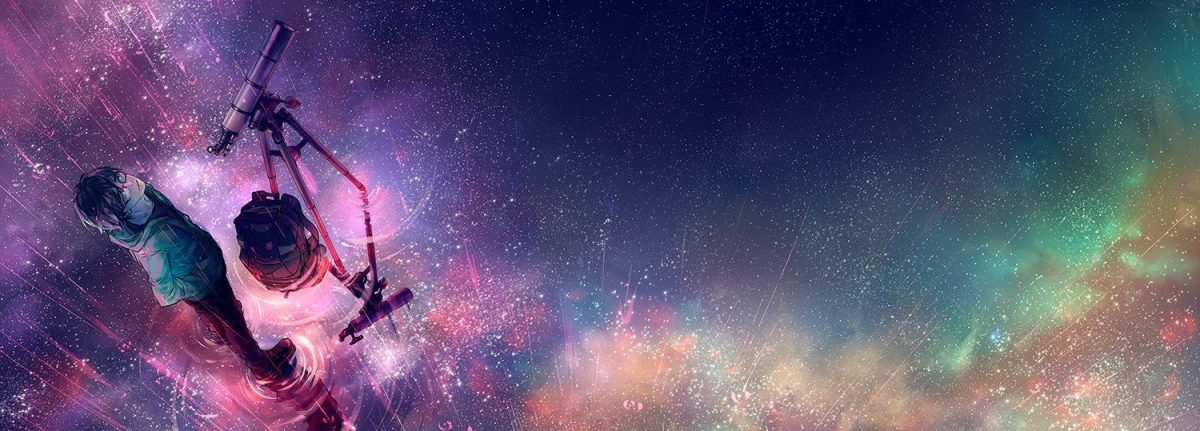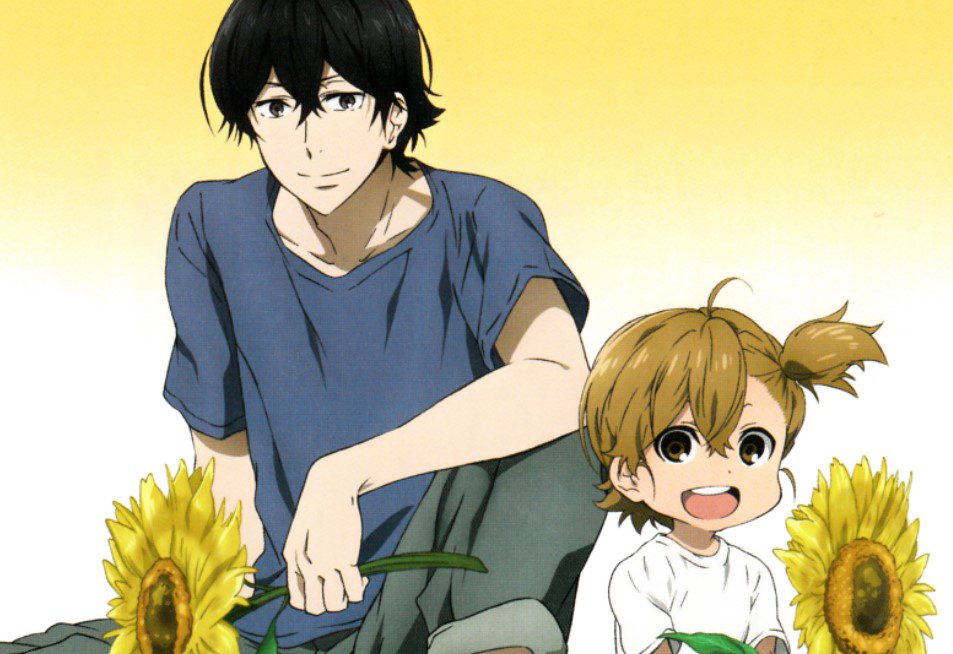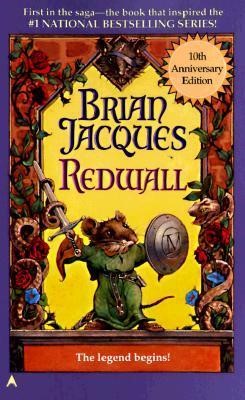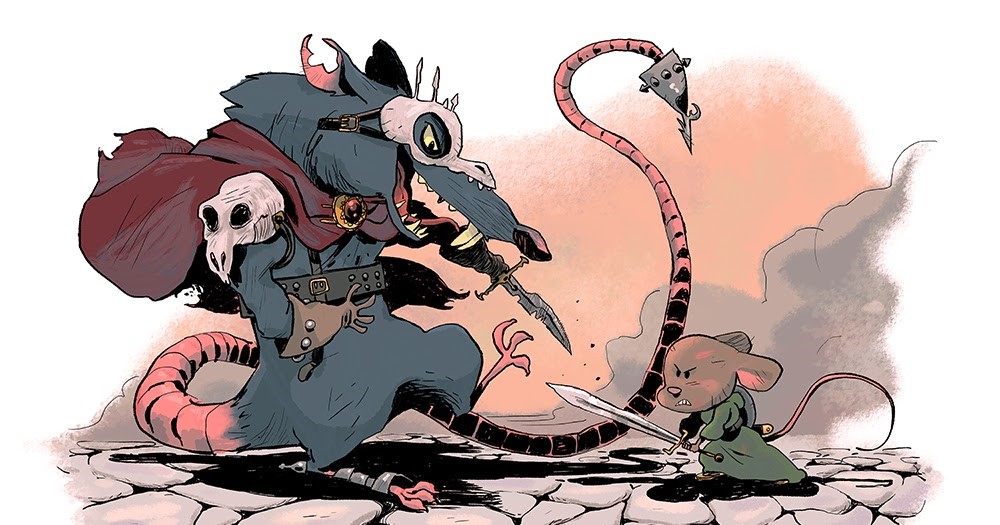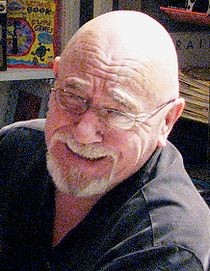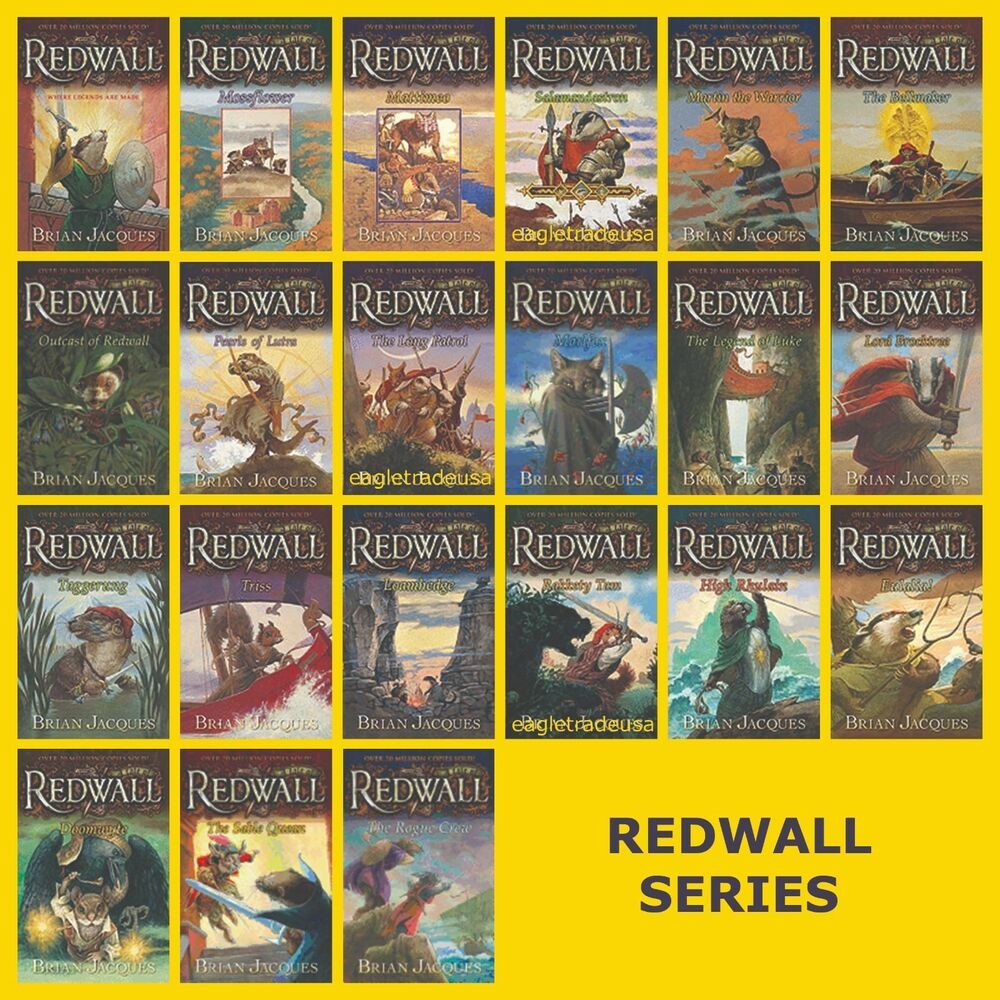Part of being a fulltime work-at-home father and taking care of your baby daughter all day, while your partner is off to university, is to be ok with not being able to do anything at all.
Pose me with this problem, a few years back, I would have probably gone crazy. Thankfully, 12 years of university experience came through and gave me an indispensable ability to adapt to fast-changing environments, or in other words, my daughter.
Now, children come in all forms and fortunately, my daughter is an absolute angel. Of course, this offer doesn’t discount its fair share of troubles, but as long as we are able to maintain a consistent routine of dad doing absolutely nothing but procrastinate all day with his daughter, then we are talking business.
At first, the transition was very difficult. It was frustrating that I couldn’t do my hobbies or work on my own terms. Schedules weren’t schedules anymore. Rather, my planner became the equivalent of a versatile Power Morpher, morphing into different Rangers that I had to contend with every day.
But, as the months passed by, I realized that there was a lot more to the chaos than I gave credit for.
Don’t underestimate the value of doing nothing, of just going along, listening to all the things you can’t hear, and not bothering.
Winnie the Pooh
Pooh was right. Spending time with my daughter and just absorbing what she had to offer while committing to this daily ritual of procrastination really opened my eyes to all the valuable little details of my life.
In every moment that I got to share with my daughter, I found an entire life’s worth of inspiration, joy, and comfort. I learned to listen more than I have ever before, experiencing a great boost in my mental state, and an explosion of energy when it came to my creative pursuits. In my daughter’s company, I was seeing life through her eyes and experiencing the wonder of many firsts to come.
So, in due time, I was able to turn the tables and figure out four important things that I can do when I can’t do much in the first place:
1. It’s all about perspective.
Children are great at making you reconsider your perspective on just about anything. I used this to great benefit when it came down to tackling work and learning to reframe my mindset when confronted by new challenges.
2. Developing a mental diary/sketchbook
I didn’t have much time to do writing during the day, so how could I still get work done, when I’m not sitting in front of a computer? Carrying a mental diary/sketchbook of sorts is perfect for this. I capitalized on this during my daughter’s naptime and quiet playtime, creating mental charts on my graphic novel plots, sketchbook ideas, science articles to write, and developing a mental monologue on my professional work and creative hobbies. Once my partner came home, thanks to all the mental preparation, I would get all my day’s work done in the span of an hour or two. Productivity + Efficiency = Success!
3. Lots of Reading
You can find no better reading partner than your own child. My daughter loves books and she loves going through them by herself. Dad has a long reading list of his own, spanning all the stuff he wants to learn when it comes to writing novels, art, and fun. It is about time that he works through that list. So, what do we do? We read together. My daughter loves it when I can get involved in what she does by doing something similar. This leaves me with the opportunity of learning something new and improving my skills while teaching some to my daughter as well. Also, this works especially well during naptime!
4. Seeing the bigger picture and the value of time
Every good thing comes to an end. Children grow up REALLY fast. My daughter is an extreme case of that but I’m happy with it. She has taught me the value of time and how important it is to enjoy every moment we have with our loved ones, whenever and wherever possible. Indeed, these moments are precious memories we can revisit for many more years to come.
With all that said, rather than fight to work against my daughter’s flow, I made my routine a part of her own, enhancing my own productivity as a result. Most importantly, I have fully embraced the fact that there is nothing wrong in taking a step back and doing absolutely nothing for part of the day. After all, when it comes to children, there is always a happy surprise waiting to inspire you, around every corner.
